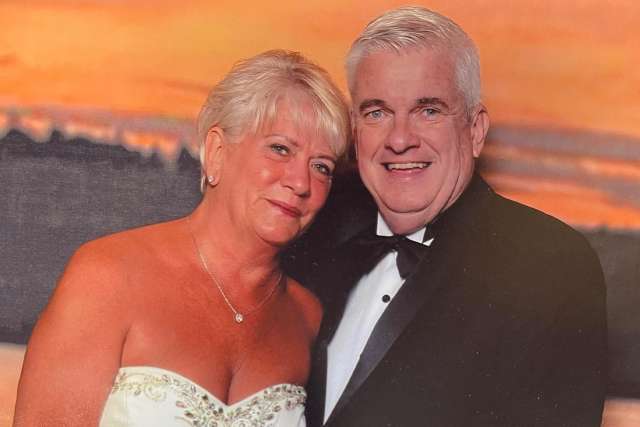
Robert Reiter, MD, MBA
Specialty
Institutional Affiliation
Languages
Education
Fellowship
Internship
Degrees
Residencies
Board Certification
Contact Information
Phone
Clinical Interests
Scientific Interests
Dr. Robert Reiter's laboratory interest is in the basic molecular biology of urologic cancers and the translation of these discoveries to the clinical care of patients. He has a busy surgical practice focused on prostate cancer and conducts numerous clinical trials for urologic malignancies.
Over the past few years, Reiter's laboratory has focused on three interrelated areas: the discovery of novel cell surface and secreted proteins associated with prostate cancer progression, the development of therapies directed against these targets and development of animal models of prostate and bladder cancer. A primary example of these three areas is Reiter's work related to prostate stem cell antigen (PSCA), a cell surface antigen which is overexpressed in a large percentage of prostate and bladder cancers. This gene was discovered by subtractive hybridization of xenografted prostate cancers developed at UCLA. Monoclonal antibodies against PSCA were generated and shown to inhibit prostate cancer in preclinical models.
Reiter and his colleagues are currently studying the mechanism by which these antibodies inhibit tumor formation and metastasis. The researchers have also used these antibodies to study epithelial lineages within the normal prostate, hypothesizing that PSCA may mark a lineage associated with prostate carcinogenesis. Finally, the researchers have asked whether the PSCA promoter can be used to target marker genes and oncogenes to the prostate and bladder.
Reiter's first study, in collaboration with Dr. Owen Witte's laboratory, demonstrated that the PSCA promoter can drive green fluorescent protein expression to a unique subset of prostate epithelial cells associated with prostate growth and cancer formation. He and his associates are currently expanding these studies to develop novel transgenic models of prostate (and bladder) cancer. The researchers continue to identify additional genes potentially important in prostate and bladder cancer progression, which they hope to put through similar paradigms as described for PSCA.
Highlighted Publications
Finley DS, Margolis D, Raman SS, Ellingson BM, Natarajan S, Tan N, Huang J, Reiter RE. Fine-tuning robot-assisted radical prostatectomy planning with MRI. Urol Oncol. 2013 Aug;31(6):766-75. doi: 10.1016/j.urolonc.2011.07.013. Epub 2011 Sep 9.
Tanaka H, Kono E, Tran CP, Miyazaki H, Yamashiro J, Shimomura T, Fazli L, Wada R, Huang J, Vessella RL, An J, Horvath S, Gleave M, Rettig MB, Wainberg ZA, Reiter RE. Monoclonal antibody targeting of N-cadherin inhibits prostate cancer growth, metastasis and castration resistance. Nat Med. 2010 Dec;16(12):1414-20. Epub 2010 Nov 7
Hara T, Miyazaki H, Lee A, Tran CP, Reiter RE. Androgen receptor and invasion in prostate cancer. Cancer Res. 2008 Feb 15;68(4):1128-35.
Leyton JV, Olafsen T, Lepin EJ, Hahm S, Bauer KB, Reiter RE, Wu AM. Humanized radioiodinated minibody for imaging of prostate stem cell antigen-expressing tumors. Clin Cancer Res. 2008 Nov 15;14(22):7488-96.
Olafsen T, Gu Z, Sherman MA, Leyton JV, Witkosky ME, Shively JE, Raubitschek AA, Morrison SL, Wu AM, Reiter RE. Targeting, imaging, and therapy using a humanized antiprostate stem cell antigen (PSCA) antibody. J Immunother. 2007 May-Jun;30(4):396-405.


